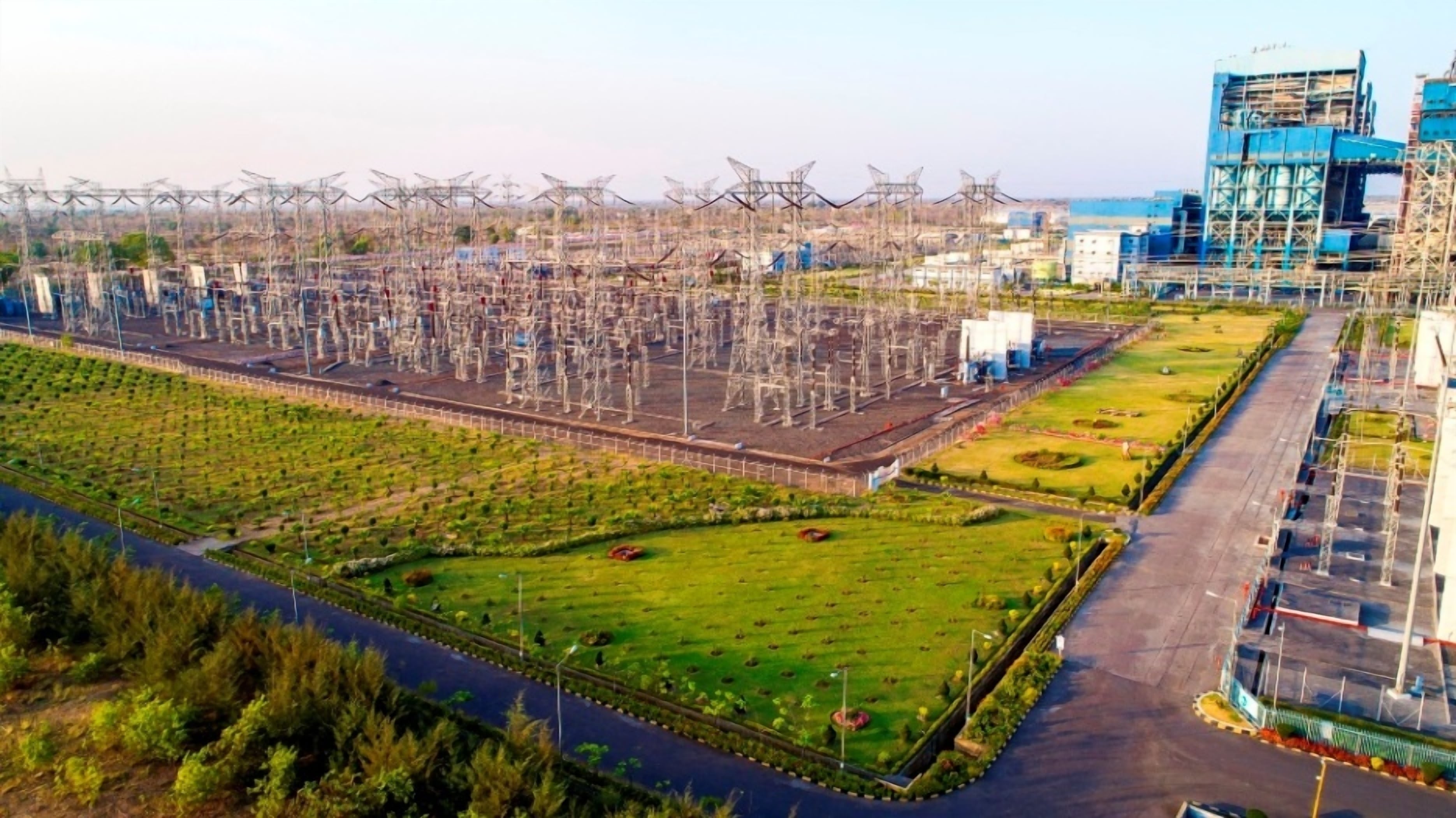Adani Transmission Aims to Become Net Zero by 2050
Adani Transmission ltd

Adani Transmission Ltd. (ATL), India's largest private power distribution company and the transmission arm of the diversified Adani Group, has submitted its Green House Gas (GHG) emission reduction plans and targets to the Science Based Targets Initiative (SBTi), an international initiative aimed at mitigating global warming.
ATL has submitted its full plan and targets for reducing GHG emissions to SBTi within one year of its pledge to contribute to global warming mitigation. ATL committed to the SBTi in October 2021 as part of its ongoing commitment to sustainable growth and its net zero path. ATL will take much-needed climate action and develop a strategy to limit global warming to 1.5 degrees Celsius.
ATL has implemented specific strategies to meet the targets related to the SBTi commitment. ATL's subsidiary AEML (Adani Electricity Mumbai Ltd) has launched green tariffs, allowing AEML customers to choose green energy and get a Green Power Certificate every month in a first-of-its-kind programme in the country. Consumers who want to lessen their carbon footprint are enthusiastic about this initiative.
Mr Anil Sardana, MD & CEO, Adani Transmission Ltd, said:
"We take seriously all initiatives focused on contributing to India’s climate commitment through resolute climate action. Submitting targets for the SBTi reiterates our commitment to devising sustainable ways of doing business. It also reinforces India’s efforts to reduce climate risk through individual and collective action.
"A culmination of several smaller actions such as energy efficiency initiatives at sub-stations, de-linking of substations from the grid for auxiliary power while connecting them with solar energy, and introduction of efficient transmission lines aimed at reducing losses, combined with wider actions such as the introduction of green tariff at AEML, will significantly contribute towards achieving positive climate action.”
Signing up for the SBTi is a significant step in India's commitment to the Paris Climate Agreement. ATL signed the UN Energy Compact at the COP26 meeting in Glasgow in 2021.
Companies are using SBTi to set science-based emissions reduction targets across their whole value chain that are consistent with limiting global warming to 1.5°C above pre-industrial levels. Companies who have committed to SBTi have 24 months to submit their targets.
ATL is one of the few companies to submit emission reduction objectives within one year of agreeing to SBTi in October 2021.
SBTi is a joint initiative of CDP, the United Nations Global Compact, the World Resources Institute (WRI), and the World Wide Fund for Nature (WWF). It sets and promotes best practices in science-based target setting and reviews companies' targets independently.
Source: Adani Transmission



